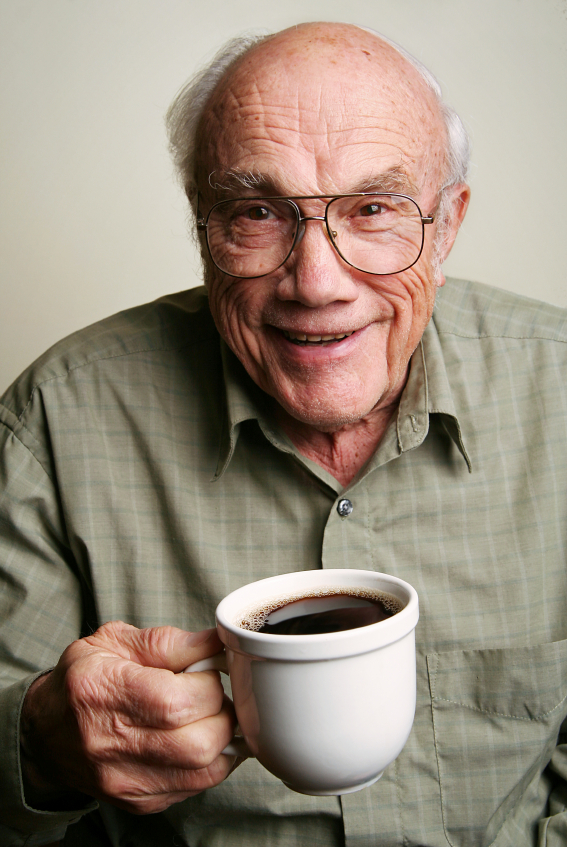A Prostate Pick Me Up
60%
Percentage decrease in death from prostate cancer in men who drank 6 cups of coffee daily, decaf or regular.
Source: 20-year Harvard University Study
“While this particular study hasn’t come across my desk, yet, I am aware of a lot of studies in the prevention of prostate cancer. NSAIDs have a possibility of lessening chances to develop prostate cancer, as well as antioxidants found in things like green tea and the lycopene in tomatoes,” says Dr. Faiyaaz Jhaveri, a urologist at Heart of Florida Hospital.
Knowledge Isn’t Power
15%
Percentage of consumers in New York City that utilize the fast-food calorie information provided.
Source: British Medical Journal survey of 7,309 adult customers in 2007 and 8,489 customers in 2009
“It may take a few months of looking at the calories in the foods we eat, but it will eventually sink in that high calorie foods may not be worth the health risk. Home cooking is often the best. It often has fewer calories than fast food and sets aside time to sit down with our family instead of rushing and eating,” says Dr. Daniel Haight, the director of the Polk County Health Department and a Polk County Medical Association member.
Small Chance
16%
Increased rise of cancer for every four inches of height in women according to a study of more than 1.3 million middle-aged British women.
Source: University of Oxford
“The findings appear online in the Lancet Oncology, which indicate that tall women have an increased risk of cancers based on the study. One possibility is that taller people may have higher levels of growth-related hormones, both in childhood and in adulthood, and these growth-related hormones may modestly increase cancer risk. As we try to blame or associate some things predisposing women to cancer as hormones in general, one might consider growth hormones to be a predisposing factor. This growth hormone can stimulate many cells and possibly increase the risk. The bottom line is that both short and tall people can lower their risk of developing and dying from cancer by getting the recommended screening tests and maintaining healthy habits,” says Dr. Shalini Mulaparthi, a board-certified oncologist-hematologist who works at the Watson Clinic Center for Cancer Care & Research in Lakeland.
